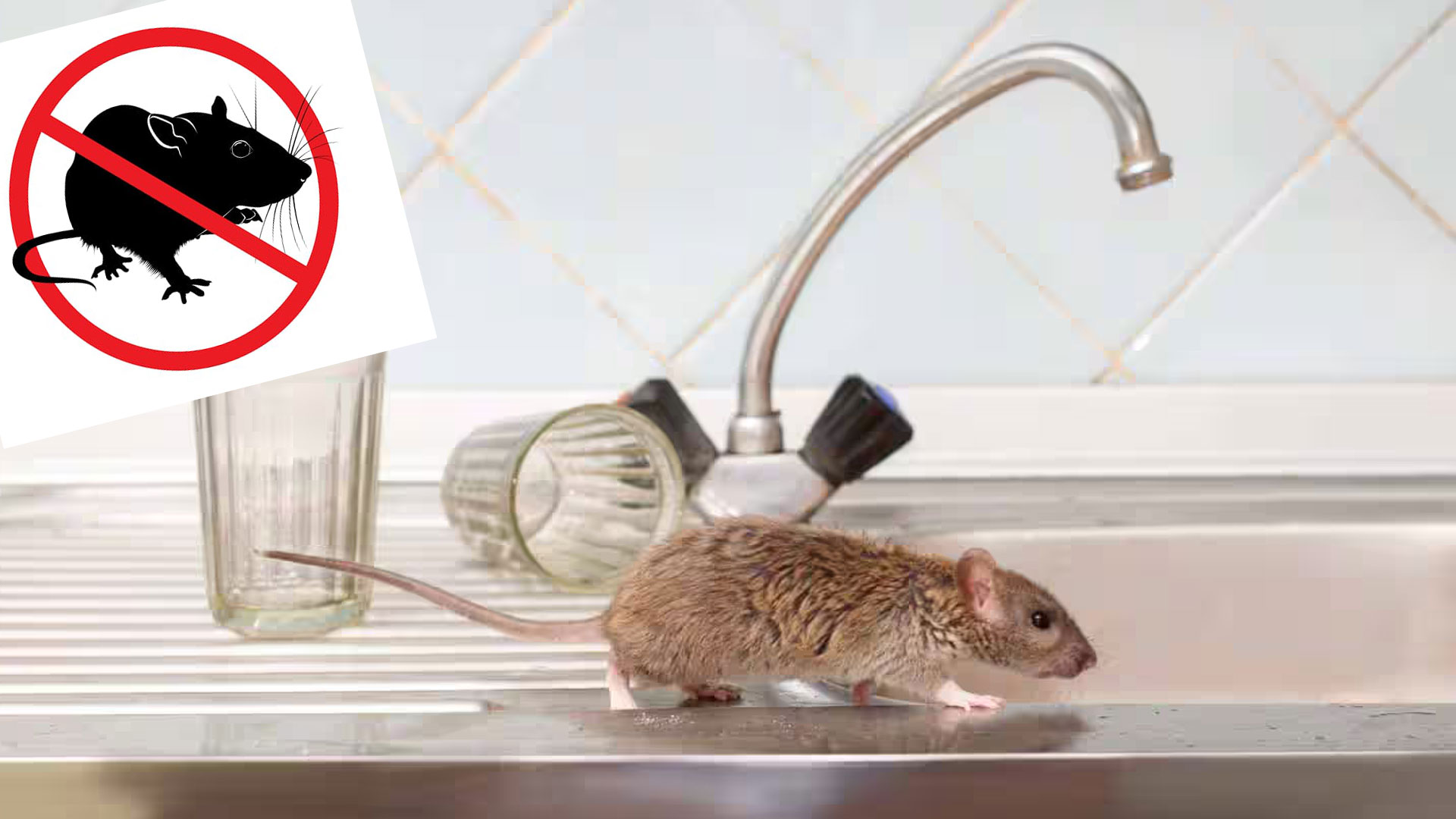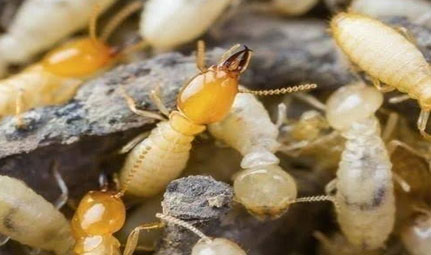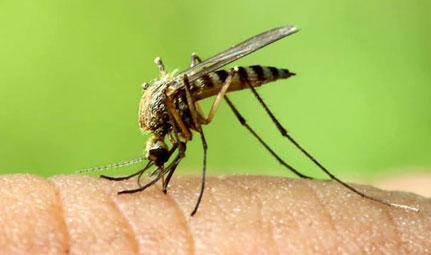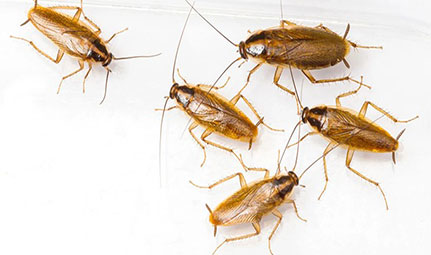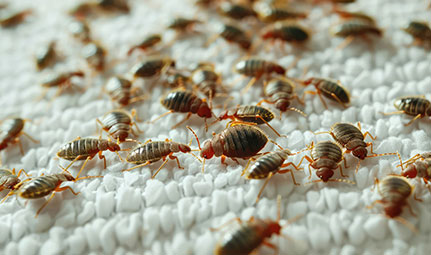Termite
The termite are popularly called white ants . termites are of great economic importance as they cause millions of rupees worth of damage. They chew and destroy woodwork and clothing in our homes, attack furniture, destroy all sorts of crops and trees in fields, or chards and forests, books and pictures in libraries, military stores, and even eat through lead sheathings of electric cables and cause short-circuiting. Their mounds and tunnels cause problems in the constructions of runways for air fields.
- Pre-construction anti termite treatment.
- Treatment should start when foundation trenches and pits are ready to take mass concrete in foundations.
- Treatment of column pits, wall trenches and basement excavations.
- The bottom surface and the sides of the excavations made for column pits, wall trenches and basements shall.
- Treatment of top surface of plinth filling.
- Treatment at junctions of the wall and the floor.
- Treatment of soil along external perimeter of building.
- Anti termite treatment improves quality, durability and ensures longevity and value of the buildings.
- Post- construction Anti termite treatment.
- Generally white ants have access to the wooden members of a structure through the foundations and walls.
- Wooden members of the structures to render them resistant to termite attack or eliminate existing infestations.
Drilling of the foundation wall is done to stop & prevent the movement of termites from the ground. Holes are drilled along the junction of the floor and the wall at approx. 12 inches interval. The insecticide is then poured into these holes and they are covered with cement. The woodwork in contact with the masonry in premises is particularly susceptible to termite infestation such as doors, window frames wooden cupboard, etc.
Mosquitoes
The life cycle of mosquitoes progresses through four stages: egg, larva, pupa, and adult. After emerging from the pupal stage, the adult mosquito rests briefly on the water's surface to dry and allow its body to harden. The wings must spread out and dry completely before it can fly. Female mosquitoes require a blood meal, which provides necessary protein for egg development. They bite a variety of warm-blooded animals and birds to obtain this meal. In contrast, male mosquitoes do not bite; instead, they feed on nectar from flowers and other sugar sources. In summary, mosquitoes are not only a health concern due to their disease-carrying potential but also a widespread annoyance affecting both humans and animals. Understanding their life cycle and feeding habits is crucial for effective control and mitigation strategies to minimize their impact on public health and economic well-being.The presence of mosquitoes can be a major nuisance and a serious problem for humans. They disrupt work and leisure activities, and their bites can cause irritation and discomfort. Mosquitoes also pose economic threats by affecting farm animals and poultry, leading to weight loss and decreased milk and egg production.
Cockroaches
There are different species of cockroaches german cockroach, brown cockroach, banded cockroach, oriental cockroach, smoky-brown cockroach, American cockroach. Cockroaches may become pests in homes, schools, restaurants, hospitals, warehouses, offices, and virtually in any structure that has food preparation or storage areas. They contaminate food and eating utensils, destroy fabric and paper products, and impart stains and unpleasant odors to surfaces they contact.
Cockroaches are nocturnal in nature, hence very active in the night and very sluggish during daytime. They hide in cracks and crevices, door frames, door hinges, bathrooms and in furniture, cupboards, pipes, tunnels, animal houses, basements, electric devices and drains. Their most preferred places of hiding are under the gas cylinders, gas stoves, behind the electric tube-lights and mixer grinders. We will control cockroaches by using gel treatment and herbal treatment both are without smell treatments and no need to move any house hold items during the treatment.
Bed Bug
Dealing with a bed bug infestation requires quick action and thorough treatment to effectively eliminate these pests. The first step is identifying the signs of an infestation, such as reddish-brown bugs, dark spots on bedding, or blood stains. Once identified, it's crucial to declutter the affected area, wash all linens and clothing in hot water, and vacuum thoroughly to remove bugs and eggs. You should also treat the mattress and furniture with heat or steam, as high temperatures can kill bed bugs. Enclosing your mattress and box spring in bed bug-proof encasements will help trap any remaining bugs and prevent reinfestation. If necessary, you can apply insecticides or diatomaceous earth in areas where bed bugs are hiding. To monitor progress, use bed bug traps and conduct regular inspections. For severe infestations, professional pest control services may be required to ensure complete eradication.
Flies
Flies posses a single pair of membranous wings corresponding with the anterior pair in other winged insects; hind wings are absent and are represented by a pair of small knobbed organs termed halters or balancers. The mouth parts are always adapted for sucking and sometimes for piercing also. Diptera are generally of somber coloration, but many are conspicuously banded or spotted which black and yellow, many are metallic green, blue or violaceous, while others are densely hairy and coloured like bees.
Flies belong to the order Diptera, characterized by several distinctive anatomical features. Unlike most other winged insects, flies possess a single pair of membranous wings, located on the anterior part of their bodies. These wings are crucial for their flight and are balanced by small, knobbed structures known as halters or balancers, which correspond to the hind wings found in other winged insects. The presence of halters helps flies maintain stability and control during flight, making them highly agile in the air.
Rats
Rats cause a lot of damage. As the teeth of rodents continue to grow over their lifetime, they need to gnaw on hard substances such as lead and plastic pipes, insulation material and electric wiring. This habit increases the risk of short circuits and fires. In addition to this, they transmit a number of dangerous diseases such as Salmonella, Leptospirosis (Weil's disease), Tuberculosis and even tape worms.
Rats cause a lot of contamination. One single rat equals more than 25000 droppings per year, which contain allergens that can cause acute allergic reactions.
Rats introduce secondary pests. Rats are also known to introduce other pests, such as fleas, mites and ticks into the premise, causing additional damage.
Last, addressing and controlling these pests is essential for maintaining a safe and healthy living environment.



